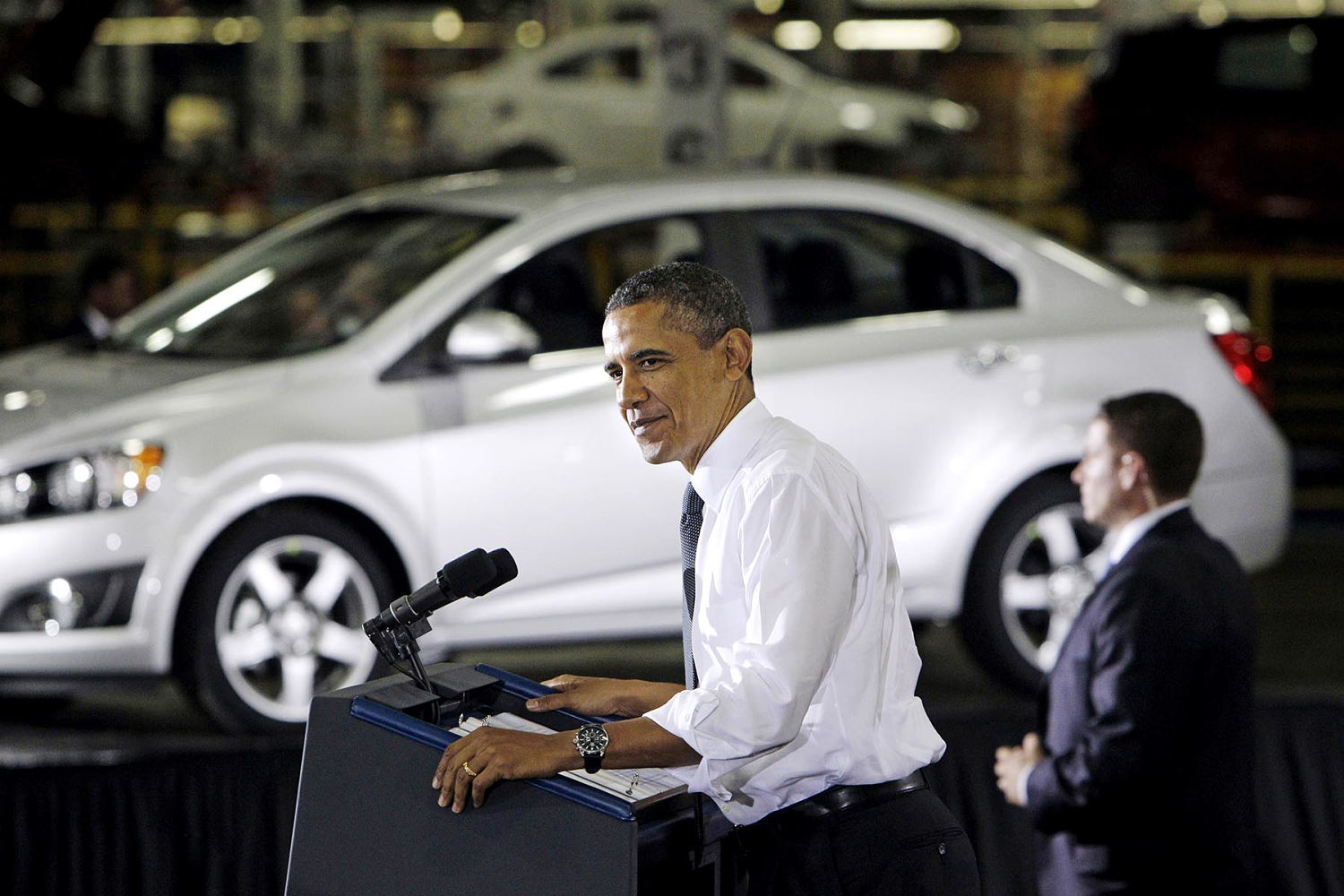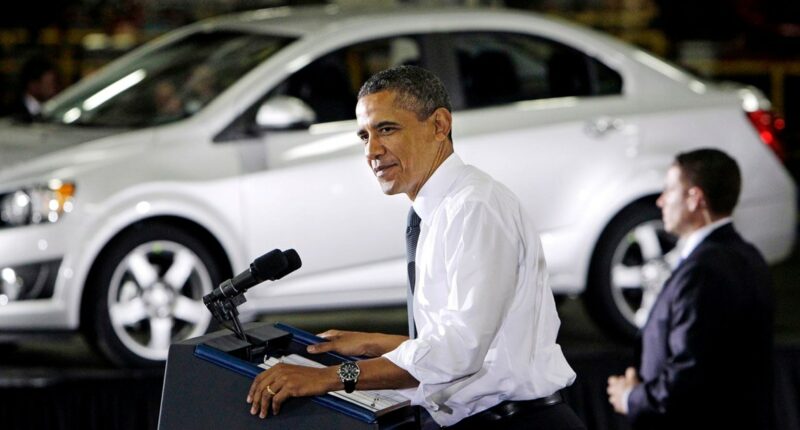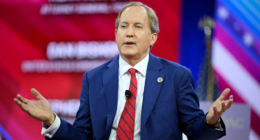Share this @internewscast.com

U.S. taxpayers are now the largest shareholders in Intel. What comes next isn’t so clear.
The Trump administration revealed on Friday that it has acquired a 10% ownership stake in a California-based computer chipmaker, which has been trailing rivals Nvidia and AMD in the artificial intelligence sector. Over the past five years, Intel’s stock value has plummeted more than 50%.
Details regarding when or under what conditions the government would divest its shares in Intel remain undisclosed—nor is it clear if they plan to sell them at all. No information has been provided about whether the U.S. would gain from any potential dividends, though Intel hasn’t issued any since the previous year. The administration has no intentions to occupy board seats but stated it would only oppose company decisions under “limited” circumstances.
Commerce Secretary Howard Lutnick mentioned on Friday that national security concerns influenced the decision to acquire the stake. However, by Monday, Trump emphasized the potential financial benefits.
“I will secure such deals for our Country continuously,” Trump posted on Truth Social. “I enjoy watching their stock increase, which makes the USA WEALTHIER. More American jobs!” he noted.
Intel’s stock has risen approximately 4% following the announcement. Some analysts believe that while the deal has potential benefits, it marks another unprecedented extension of presidential influence by Trump into the business arena—and likely won’t be the last.
Previously, the Trump administration obtained a “golden share” in Japan’s Nippon Steel, part of a deal that allowed the company’s acquisition of U.S. Steel, granting the government influence over Nippon’s future decisions. In the past month, the Pentagon disclosed a $400 million investment in rare earth mining firm MP Materials, making it the company’s top shareholder. Moreover, the White House intends to take a share of the revenue that chipmakers Nvidia and AMD generate from sales to China.
Trump told reporters on Monday that he hopes to see “many more” deals like Intel’s, adding that nobody “realizes how great it will be.” Kevin Hassett, director of Trump’s National Economic Council, said similar deals could help form the basis of a sovereign wealth fund, an idea that the administration had earlier floated as a way of giving U.S. taxpayers direct stakes in companies but had yet to fully develop.
“At some point there’ll be more transactions, if not in this industry, in other industries,” Hassett said on CNBC.
The U.S. stake in Intel does not amount to a complete government takeover. While the federal government has assumed total control of private corporations before, such incidents have usually arrived during times of crisis — and not with the direct intention of attempting to play the markets.
“He’s doing all this in a spooky, controversial way,” said Clyde Wayne Marks, a fellow in regulatory studies at the Competitive Enterprise Institute, a libertarian think tank. “Right now there is no crisis.”
President Woodrow Wilson nationalized railroads as well as the telegraph, telephone, radio and wireless stations during World War I. Nearly two decades ago, the government bailed out a host of private firms during the 2008-2009 global financial crisis.
While the bailout involved holding corporate assets on the U.S. government’s books with the goal of returning earnings to taxpayers, there was never any serious intention to own them over the long term. And a Government Accountability Office study concluded in 2023 that the program ultimately came at a net cost of about $31 billion.
The U.S. government has long provided subsidies to private corporations in the form of loans and grants, to varying degrees of success. Two high-profile examples came during the Obama administration, when the Department of Energy provided loans to a solar power company called Solyndra and to electric vehicle maker Tesla. Solyndra ultimately went bankrupt, while today Tesla is worth $1.2 trillion on the stock market.
Some have argued that the U.S. would have benefited from having taken a stake in Tesla. Yet at the time Tesla received the loan, in 2010, beliefs about the free market and the need for limiting the government’s role in it prevailed not just among Republicans, but among Democrats as well, experts say.
“Our system has not typically been built that way — it’s not how free enterprise is typically run,” said Dan Reicher, a former Energy Department official under Presidents Clinton and Obama. “History has proven that the more free-market approach, making the bottom line the bottom line for the companies running these operations, is a smarter way to go.”
The Intel investment comes as the company’s fortunes have sagged. Its manufacturing segment lost $3.2 billion in the second quarter, and in July it said it would lay off 15% of its workforce by year’s end while canceling billions in planned investments and delaying the completion date for a $28 billion chip plant near Columbus, Ohio.
In a securities filing Monday, Intel warned investors of the potential risks involved in the U.S. investment, including that the arrangement may actually limit the company’s ability to secure grants down the road, depending on its future performance. It could also potentially harm international sales and make it subject to additional regulations and restrictions, both at home and abroad, Intel said.
On Monday, Trump was asked whether the Intel investment represented a new way of doing industrial policy.
“Yeah. Sure it is,” Trump said. “I want to try to get as much as I can.”











